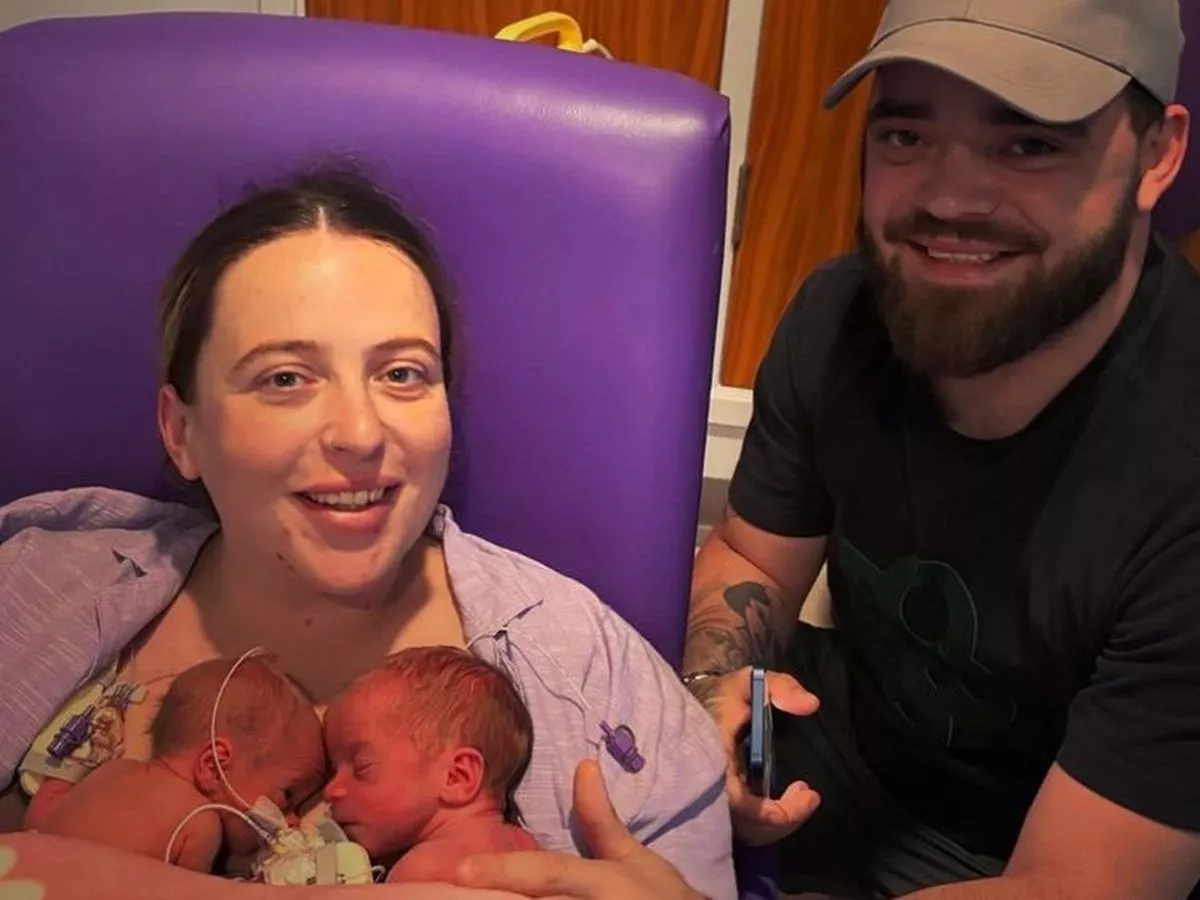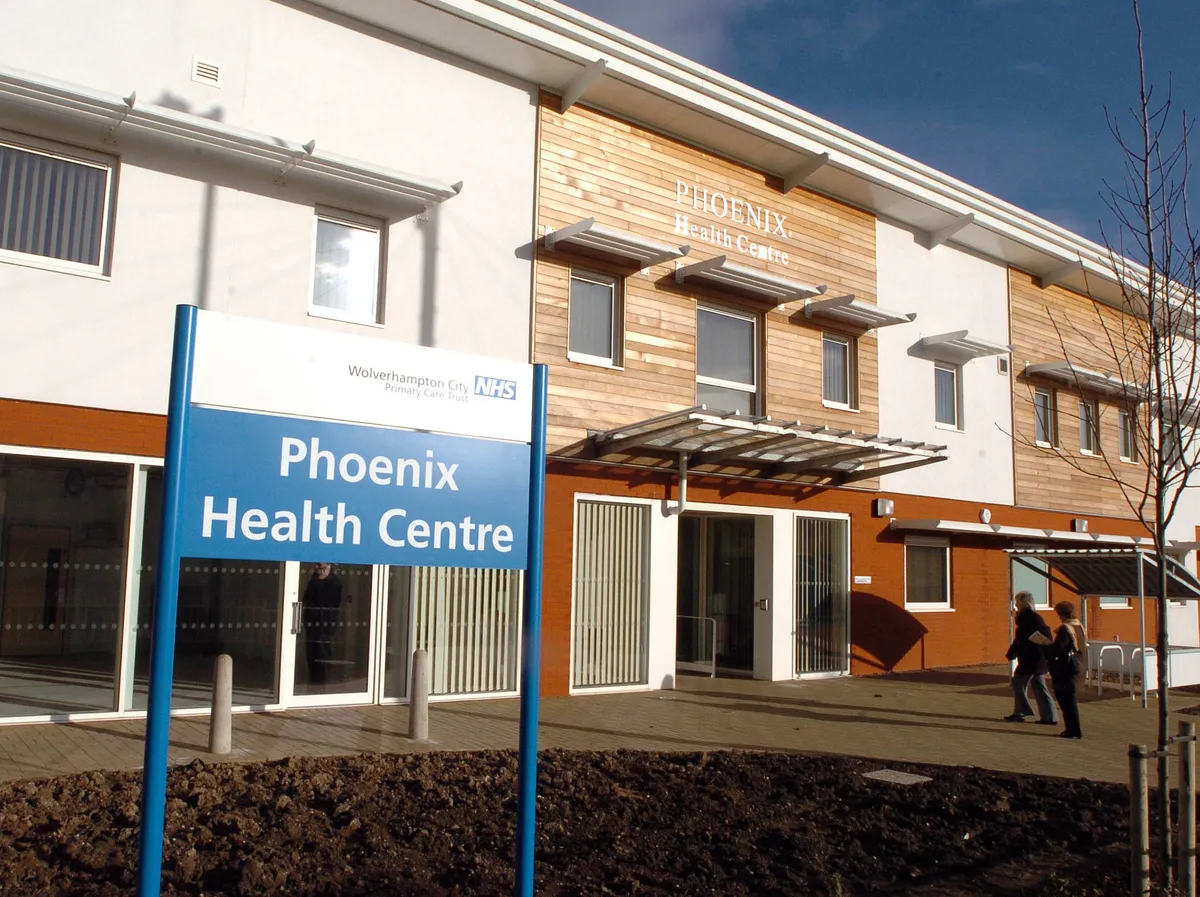Copyright tempo

TEMPO.CO, Jakarta - U.S. President Donald Trump on Friday confirmed that the United States will not attend the G20 Summit in South Africa at the end of November, citing what he called human rights violations by the South African government against white farmers.As reported by Al Jazeera, Trump accused the “black government” of unfairly treating the Afrikaner population, descendants of Dutch, French, and German settlers, claiming their farmlands were being “seized and destroyed.”“It was a total disgrace that the G20 will be held in South Africa,” Trump wrote on social media. “Afrikaners are being killed and slaughtered, and their land and farms are being illegally confiscated.”In September, Trump had announced that he would skip the G20 meeting and send Vice President JD Vance in his place.But on Friday, he said the United States would not send any delegation “as long as South Africa commits human rights violations.”South Africa, the first African nation to hold the G20 presidency, is set to host the two-day summit in Johannesburg beginning November 22.Trump is scheduled to host next year’s summit at his Miami golf resort and has said he looks forward to showcasing the “tremendous success” of his administration.Pro-White NarrativeSince returning to office in January, Trump has repeatedly claimed that white South Africans face persecution in a majority-Black nation. The South African government and senior Afrikaner leaders have rejected the allegation.On Wednesday, Trump again urged that South Africa be removed from the G20, repeating unsubstantiated claims of violence against white farmers.Vice President Vance was initially set to represent Washington at the summit, but a source told the Associated Press that he will no longer travel to South Africa.Land Ownership DisputeTensions between the two countries began after South African President Cyril Ramaphosa enacted a new land reform law in January to address stark land ownership inequalities. More than three decades after the end of apartheid, white South Africans still own about three-quarters of private farmland.The new law allows land redistribution in “exceptional circumstances” without compensation, a policy Ramaphosa said is aimed at fairness, not expropriation.Shortly after the Expropriation Act was passed, Trump accused South Africa of “confiscating land, and treating certain classes of people very badly” vowing that “the United States will not stand for it".Diplomatic StrainIn May, Trump’s administration granted asylum to 59 white South Africans, describing them as victims of racial discrimination. During a meeting that same month with Ramaphosa at the White House, Trump repeated claims of “genocide” against white farmers.Ramaphosa dismissed the remarks, pointing to three white South Africans in attendance—golfers Ernie Els and Retief Goosen, and billionaire Johann Rupert—saying, “If there was Afrikaner farmer genocide, I can bet you, these three gentlemen would not be here.”Saul Dubow, a South African historian at the University of Cambridge, told Al Jazeera that Trump’s claims of “white genocide” were baseless.He suggested Trump’s comments may reflect frustration over the genocide case against Israel being heard at the International Court of Justice over its war in Gaza.Despite international criticism, the Trump administration continues to emphasize alleged persecution in South Africa. On October 30, the White House said a majority of new refugees admitted to the U.S. were white South Africans, after cutting the annual refugee cap to 7,500.“The admissions numbers shall primarily be allocated among Afrikaners from South Africa pursuant to Executive Order 14204 and other victims of illegal or unjust discrimination in their respective homelands” the White House said.Editor’s Choice: Trump: No US Officials Attending G20 in South AfricaClick here to get the latest news updates from Tempo on Google News



